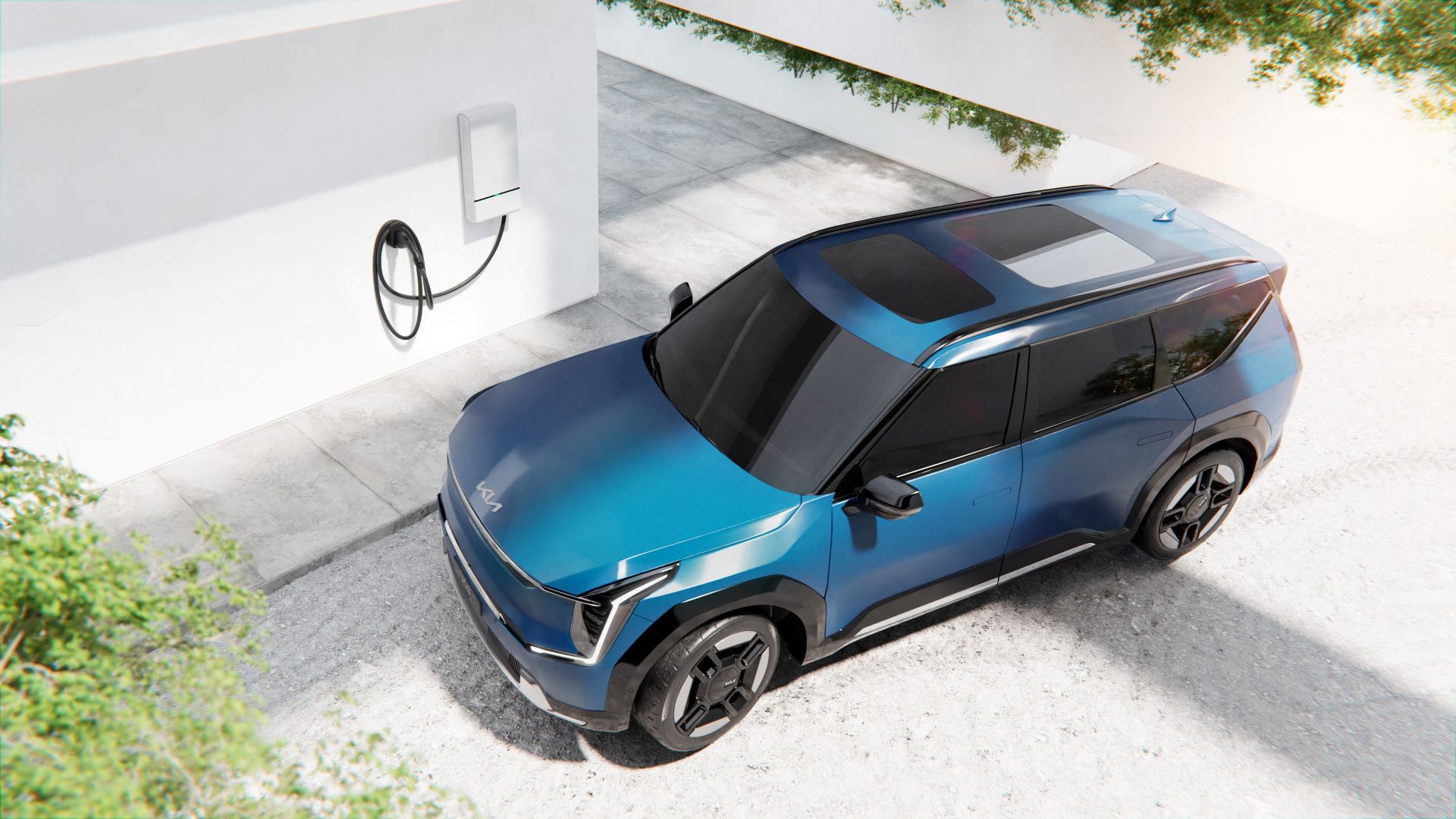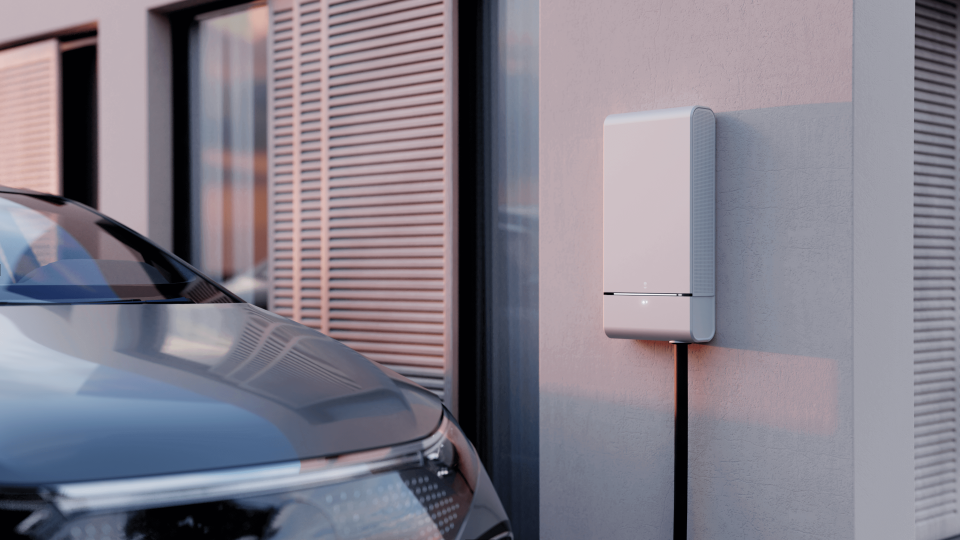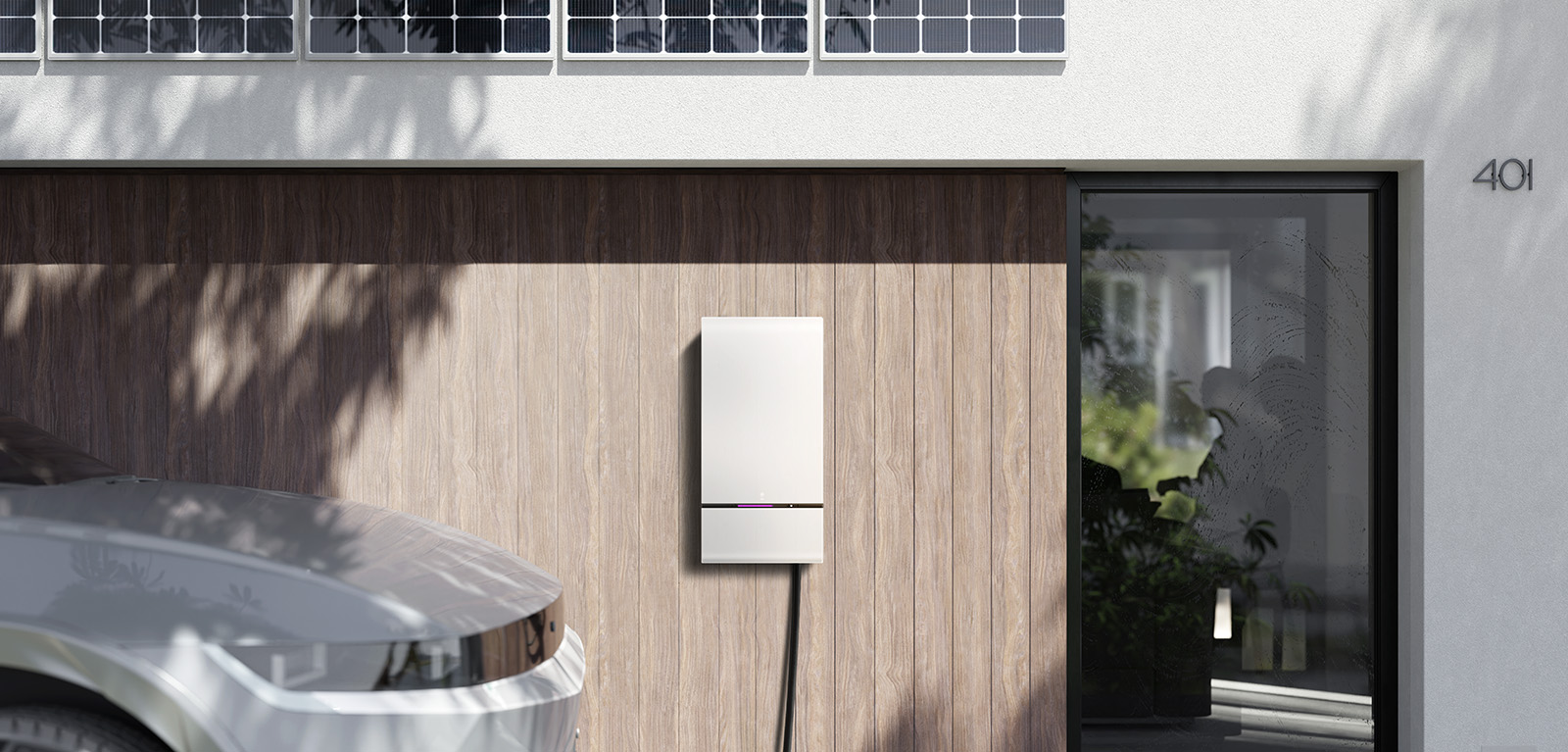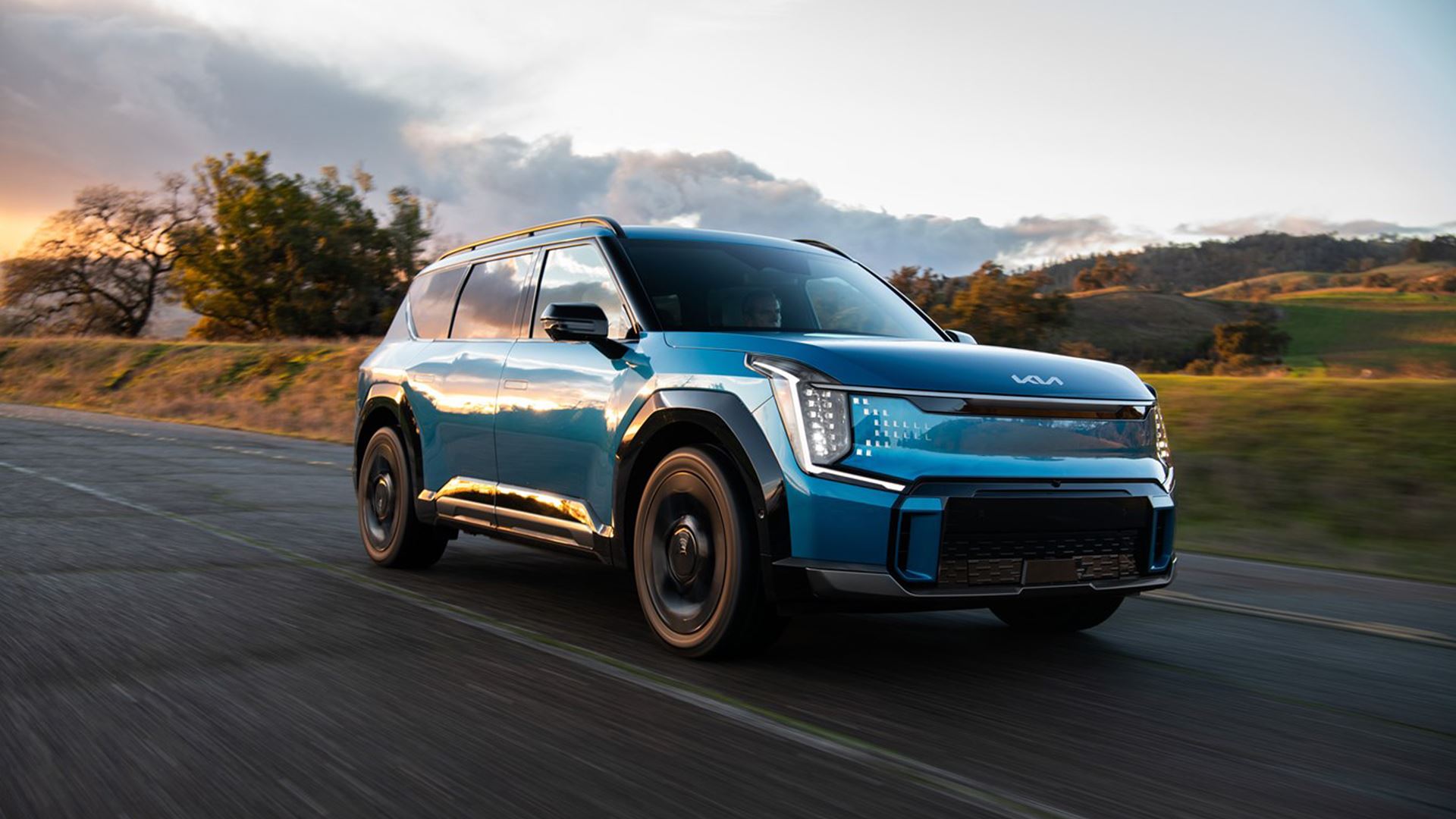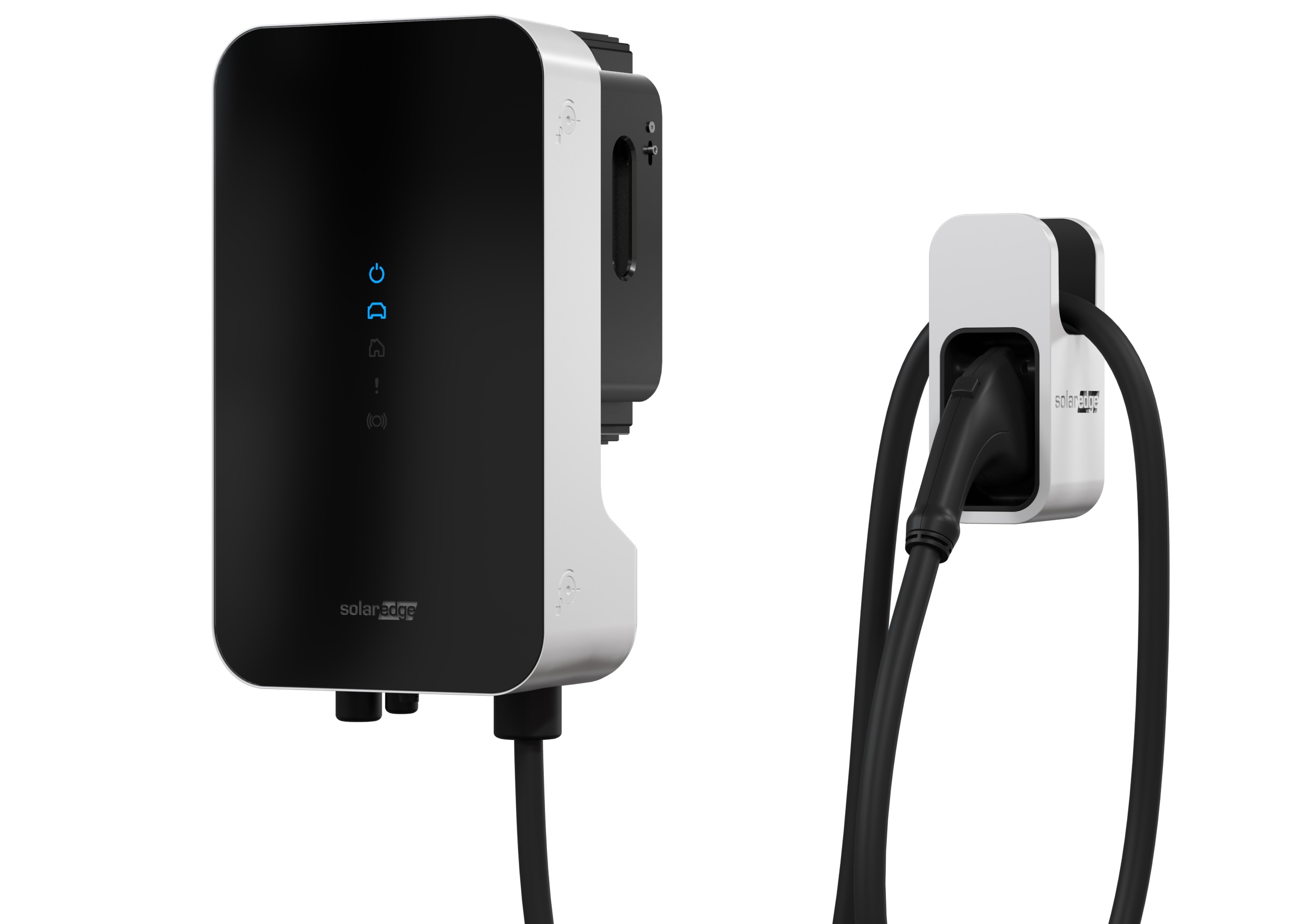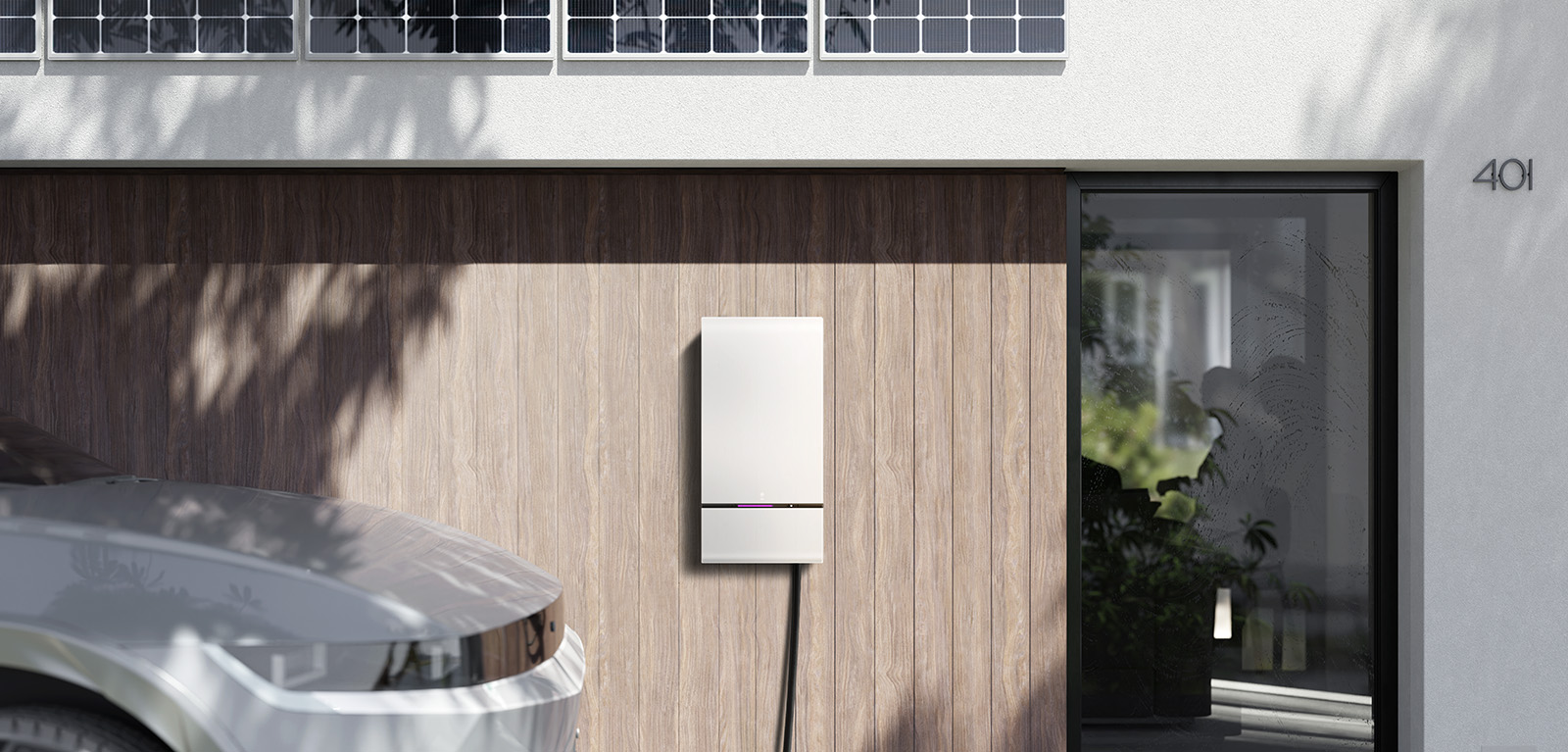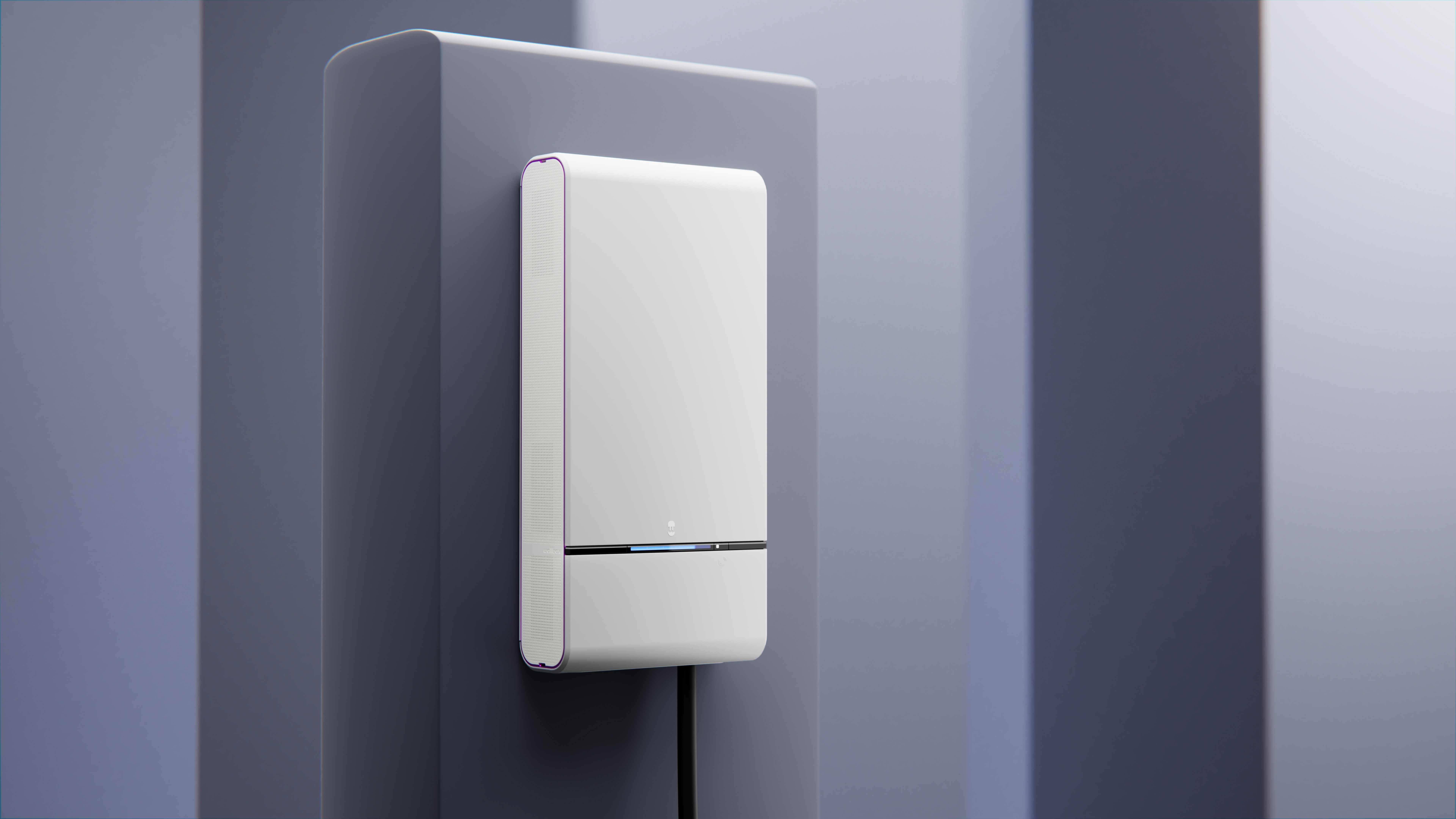
The demonstrations showcased vehicle-to-home (V2H) and vehicle-to-grid (V2G) capabilities with a Cupra Born 77kWh, the first EV with confirmed compatibility with Quasar 2. Full compatibility with other next-generation EVs is expected in the coming months and Wallbox announced that the first projects for Quasar 2 will be launched in Q4 of this year.
“Bidirectional charging unlocks the largest battery available in a home system: an EV battery. As our energy needs increase, the potential impact of bidirectional charging to democratise energy becomes undeniable,” said Guillem Iváñez, head of bidirectional charging at Wallbox. “As the first manufacturer to launch a bidirectional charger in the market, and the first to confirm compatibility with a CCS vehicle, Wallbox has proven product readiness and the ability to lead the way in the new energy paradigm.”
Wallbox also offered a demonstration of Quasar 2’s power recovery feature, designed specifically for the acute need for backup power in the US. This feature illustrates that EV chargers can go beyond energy efficiency and grid services, providing a critical load to a home during power outages. Blackouts such as this have become increasingly common around the world, due to a rise in natural disasters and an aging electricity grid.
Quasar 2 enables EV owners to save on home energy costs through V2H and V2G functionalities. Studies show that by utilising bidirectional charging, users can make substantial savings annually, live more sustainably, and help balance mounting pressure on the grid.
Quasar 2 transforms an EV into a powerful energy device. On average, an EV can power a European home for over 3 days. Through the Wallbox app, users can automatically schedule charging sessions at times when energy rates are low or solar energy is available and discharge their car to power their home when rates are high, during hours of peak energy usage.
Users who have solar panel installations can also store excess energy in their EV during low usage periods and then harness this energy at another time, including peak periods, to reduce their reliance on the grid while allowing users to be more energy autonomous and live more sustainably.


